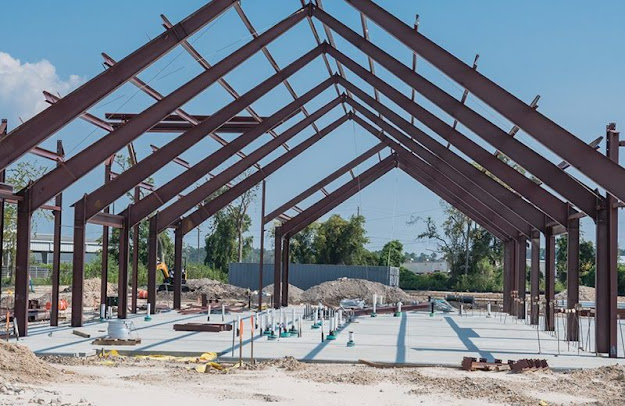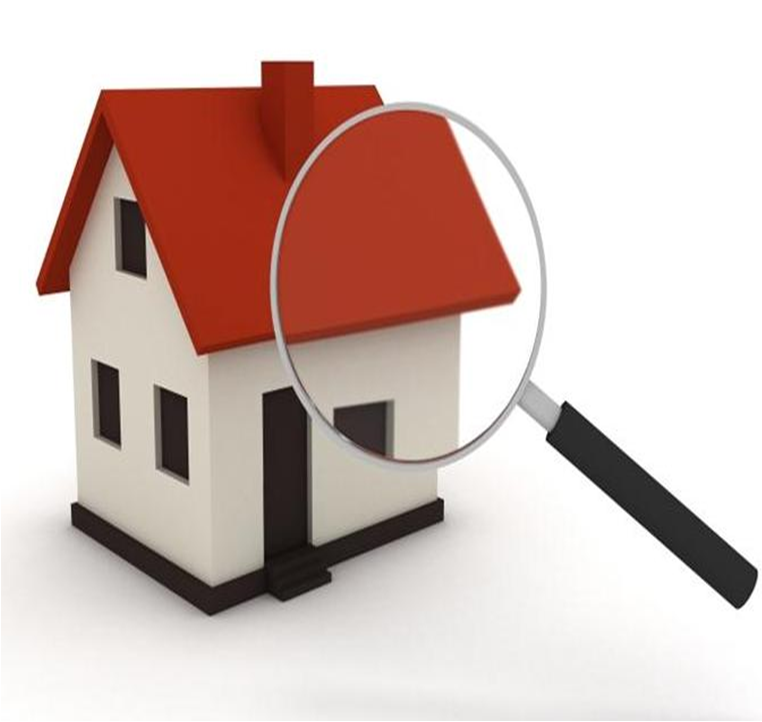We all know that buying a home is a major investment – and therefore a major expense. But what is the true cost of purchasing property?
Of course, we’re all aware of the mortgage or home loan, but what else is typically involved in the fine print? This is important information for anyone looking to buy a home since it will impact your budget.
While you’re drawing up your home-buying budget, you need to consider both upfront and recurring expenses involved in your purchase. To help you out, here are six important costs that you’ll need to account for.
The Basics
First and foremost, you need to consider the big red price tag on the home itself. This is the amount (or the minimum amount) you’ll be applying for a loan from the bank. Remember that you’ll pay interest on this amount!
Choosing a more affordable area and opting to purchase Texas real estate, for example, is a good way to keep your costs lower. Of course, you also have to make sure that the area you choose is one you’ll be happy to live in long term.
Closing Costs
Many people forget to account for closing costs when budgeting for buying a home, and some aren’t even aware that this is something they have to pay! These refer to things like home appraisal and processing fees on your loan.
Often, these costs are underestimated by first-time buyers, which is why it’s important to get in touch with a professional who can help you draft a rough estimate (if not a clear number) of how much you’ll be paying in closing costs.
Homeowner’s Insurance
Next, owning a home is a huge financial responsibility, and you’ll want to make sure you’re protecting your asset in whichever way you can. Homeowner’s insurance is a big one.
Insurance is one of those things we all hate to pay because we don’t really feel the benefits of that money coming out of our bank accounts, but it’s crucial to have it when things go suddenly wrong.
Ongoing Maintenance
You’ll need to pay for the upkeep of your home, and the bigger it is, the more this will cost you annually. It’s a good idea to set aside an amount each month that will go to home maintenance.
Another helpful idea is to try to come up with a home maintenance checklist, which you can then use to devise a budget based on how much you estimate each task will cost and how often it needs to be done.
Moving Costs
Scheduling a move is not only stressful but pretty expensive as well. It’s important that you factor in all your moving costs to get yourself and your belongings safely into your new home.
This could include a moving company, moving insurance, packing materials, and all the takeout you’ll probably be eating for a few days while everything gets settled. If you’re moving across the country or even internationally, these costs can reach exorbitant levels, so be aware when budgeting!
Fix-Ups
When you own your own home, you have no one to rely on but yourself to take care of damage and repairs. Of course, you can hire people to help you take care of the labor, but the financial side of things will be solely your responsibility.
When a boiler breaks or a window is smashed, you can’t ask your landlord to take care of things, since the property is your own. This is why it’s a good idea to have some emergency cash put away for any issues that pop up.
Final Thoughts
As you can see, buying and owning a home can be pretty expensive, but that doesn’t mean it’s unmanageable! So long as you create a meticulous budget and keep a close eye on what you’re spending, you can make it work for you.
Keeping a home-maintenance savings account is a great idea for any property owner. You can add to the account monthly and throw any extra cash into it as well. This money can go towards unexpected repairs, routine maintenance, and any upgrades or renovations you might have planned for the future!



Share your thoughts